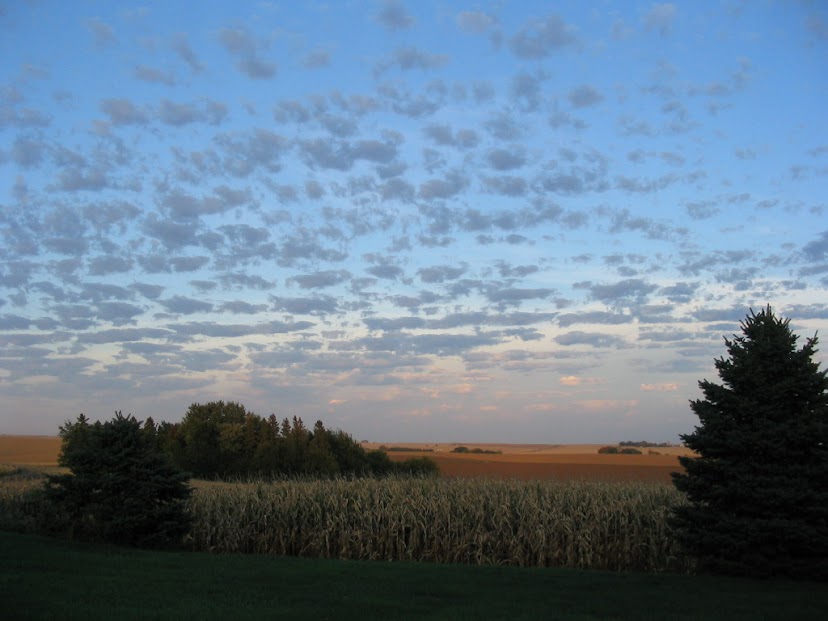As an undergraduate, I once got shanghaied into an advanced class on autobiography, all modern, secular and gloomy, and theory-laden. I even had to read Derrida! Aaaiiiee! But one of the few bright spots of graduate school was getting permission to take a class from one of the living authors I admired most, and he was teaching a class on Third World prison literature, which was mostly autobiography. He had also been a political prisoner himself in Kenya. The first day of class, he dismissed literary theory with a contemptuous wave of the hand as the useless piffle of privileged men who didn't actually have anything important to write about.
When I taught short fiction writing at Deep Springs, I included a section of autobiography. It went okay, but that's the part I wish I could do over. Since then, I've read Gene Wolfe, and that changed everything.
Mr. Wolfe writes first person fiction. But as he's pointed out in his interviews and essays, it's the consistent, honest narrator who explains everything clearly that's completely unrealistic. Human memory isn't like that, and it's no fun for readers if there's nothing to figure out on your own. So his narrators contradict themselves, lie, might have a mental impairment, and certainly don't explain or interpret everything. Mr. Wolfe is a genius. (And a lot of what he says applies to blogs - the good ones anyway- and a blog/book narrative like Julie and Julia.)
All this colors my reading of the Laura Ingalls Wilder books. I like them, in part because they are much better prose than usually gets foisted off on children. And they are very well constructed. Rose Wilder Lane assisted her mother in writing them (how much is debated) and she was a world traveler, market-savvy writer and journalist. Rose was also among the founders of Libertarianism.
The Wilder books have a good bit of artifice, and that makes them better reading.
The Long Winter is a good example of the artifice underlying the books. To wit:
How are the different perspectives on The Indian Question presented? What assumption do all those perspectives have in common and how does that assumption get presented and supported? That's too well done to have been an accident.
What's Laura's relationship with animals and nature? How does the narrator use nature to control the pacing, tone, and mood? How does this convey a child's perspective?
Ma and Pa are clearly foils to each other, and I think it's more than obvious gender roles. When Ma and Pa differ, what's it tell us about them as different types of settlers?
Right off, economics are much more obvious than any other juvenile books I know, but it's all shown without theory. How are businessmen and business practices presented?
In the same vein, how is government and/or centralized authority shown? How is information spread?
What's are the virtues? How are they acquired and shown? What are the consequences, and to whom, of lacking a virtue?
As soon as I start to answer these questions, it's clear how carefully constructed these stories are. They are certainly not naive productions.
more tomorrow

No comments:
Post a Comment